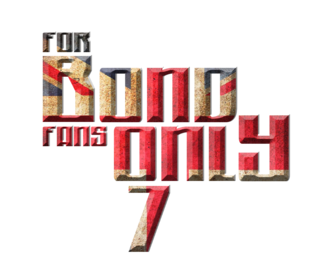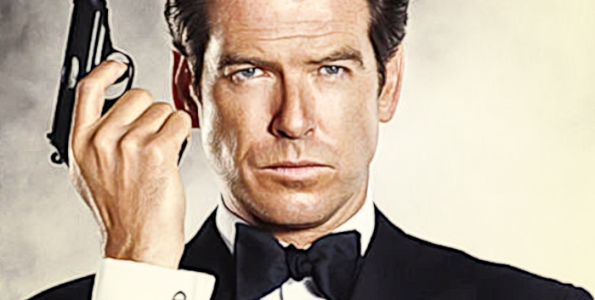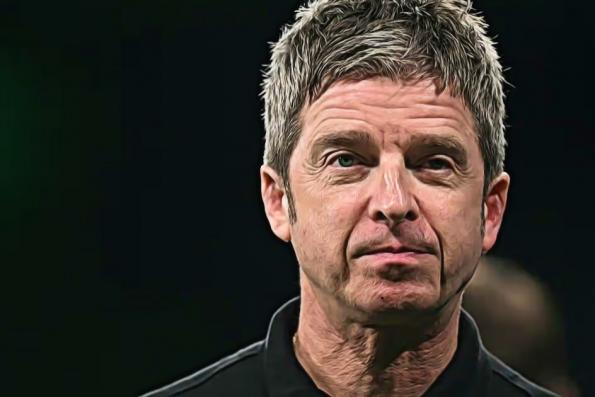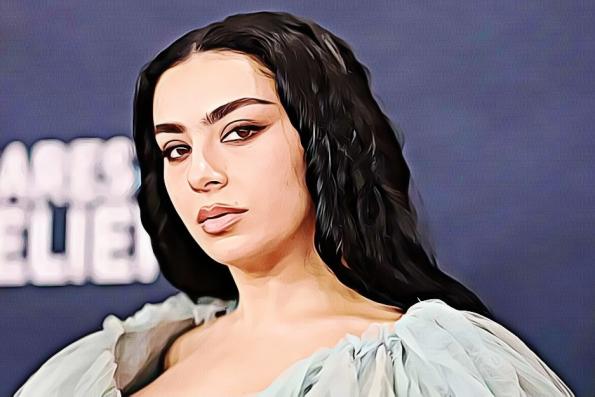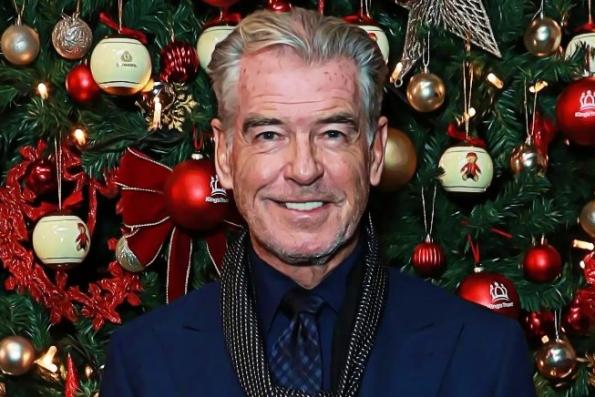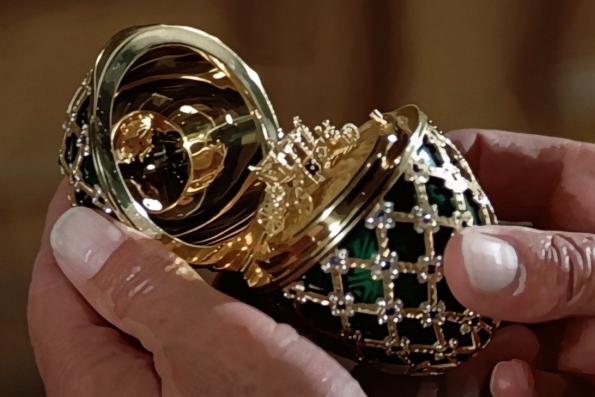Brosnan begins
During the 1980s and 1990s, the Bond films struggled to find their feet. Sure, they were still box office hits, but the tone was all over the place, with three very different actors taking up the Bond mantle.
While most Bond fans generally adore Roger Moore, his successors are much more divisive. Growing up in this era and now looking back, I believe that both proceeding actors, Timothy Dalton and Pierce Brosnan, were good Bonds. It was just a case of bad timing.
With Dalton's resignation from MI6/Eon in April 1994, it meant good news for a patient Pierce Brosnan — aka 'The man who was nearly Bond in 1986'. Brosnan finally got the phone call he'd be waiting for — no, sadly not Lawnmower Man 2 — they were offering him a second chance at Bond.
US audiences had been left cold by Dalton's take on 007, and there was a lot of fan excitement around Brosnan's casting. Just like Moore and The Saint, Brosnan had been charming audiences in the TV series Remington Steele and had cropped up in comedy hit, Mrs Doubtfire.
After several years, people were eager to see a Bond film and what a new actor could bring to the role. For many, they saw his strength being an amalgamation of previous Bonds. He had the animal magnetism of Connery, the physicality of Lazenby, and unlike Dalton, was good at delivering the Moore-esque humour.
Looking back on GoldenEye, it was a little bit like capturing lightning in a bottle. At the time, pop culture seemed to possess a certain swagger due to the rise of Britpop and The Spice Girls — being British was cool again! Bond was finally back on screens after a six-year hiatus; fan excitement was at its peak.
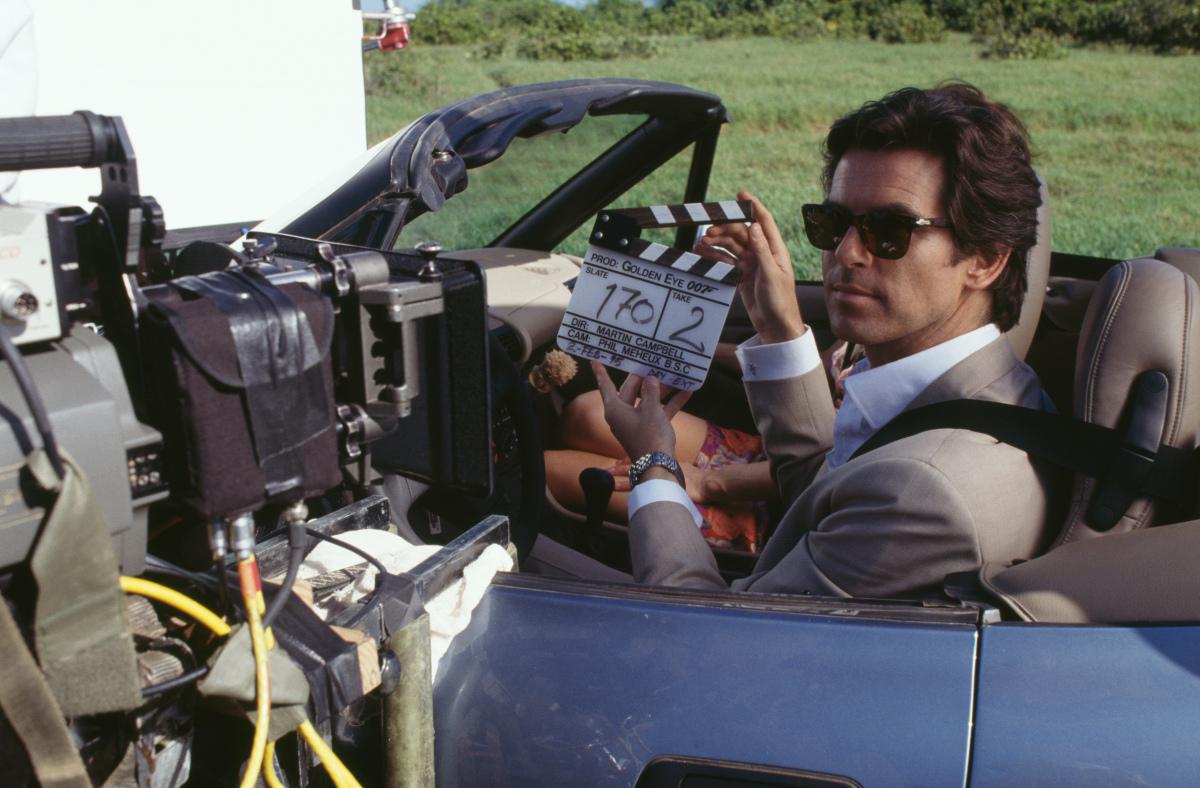 The film brought back the spectacle, the glamour, and ultimately, the fun that was missing from Dalton's duo. Within the opening 30 minutes, we have 00 cold war missions, aerial stunts, Tina Turner at her Bassey best, a DB5 car chase, and Bond tuxed up in a casino. Yet this was a new, self-referential Bond, which famously included the new M, a woman (eyebrows raised), giving Bond a dressing down, calling him "a relic of the Cold War; a sexist misogynist dinosaur".
The film brought back the spectacle, the glamour, and ultimately, the fun that was missing from Dalton's duo. Within the opening 30 minutes, we have 00 cold war missions, aerial stunts, Tina Turner at her Bassey best, a DB5 car chase, and Bond tuxed up in a casino. Yet this was a new, self-referential Bond, which famously included the new M, a woman (eyebrows raised), giving Bond a dressing down, calling him "a relic of the Cold War; a sexist misogynist dinosaur".
Like Licence To Kill, the mission became personal to Bond. The twist this time was that it was his close friend, Alec Trevelyan, who had become the villain. Interestingly, GoldenEye was being developed for Dalton, Trevelyan was conceived as a mentor to Bond, with Anthony Hopkins being touted for the role. Sean Bean makes an interesting anti-Bond, always one step ahead of our hero and a physical threat too — no beefy blonde henchmen needed this time around.
As the teaser poster stated:
You know the name
You know the number
Bond was back! Or so it appeared.
It's fair to say that GoldenEye was an "all-time high" for the Brosnan era. Tomorrow Never Dies was faithful to the formula and delivered a lot of thrilling action set pieces across land, sea, and air, yet it all feels like a step down from Goldeneye.
Tomorrow some interesting choices with Bond girls. Wai Lin (Michelle Yeoh), like Agent XXX before her, was a match for 007 in the field. While a fantastic martial artist and actress, Yeoh struggled to pull off any romantic chemistry with Brosnan. Teri Hatcher played the token sacrificial lamb, but this time there was a twist: she was an old flame of Bond's.
"If you're gonna put someone in my arms, make it count, make it someone he cares about"
— said Brosnan.
Unfortunately, the plot doesn't do much with this element. While Bond is initially cut up about Paris' death, in the next scene, it's all but forgotten. Minutes later, he's grinning his face off in the back of a remote-controlled BMW (admittedly a great action scene). Whereas with Craig's Bond, it's taken several films to get over his grief and thirst for revenge due to Vesper's death.
The main issue is the film is let down by a ridiculous plot — starting WWIII for TV ratings — from an overly-hammy villain by Jonathan Pryce. I know Bond villains' plans are far-fetched, but that's really pushing it. The final act borrows heavily from The Spy Who Loved Me. If anything, the film is guilty of relying too much on the Bond formula.
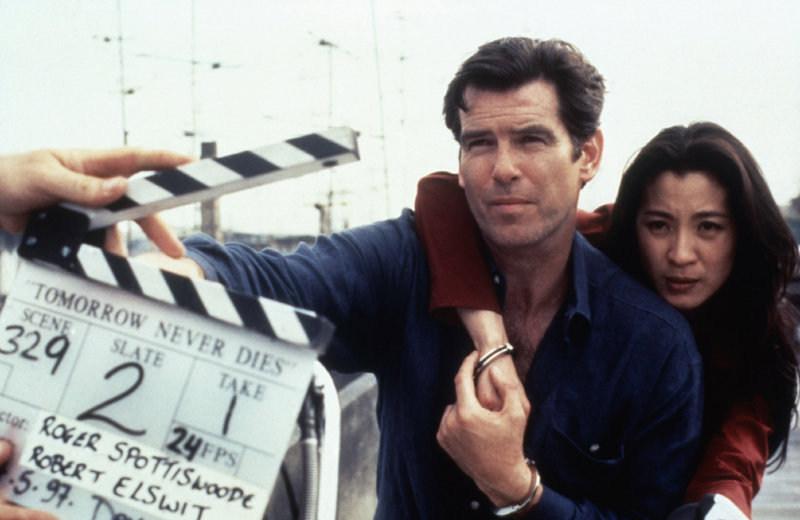
With each film, Brosnan was always vocal about the quality of the script and the character development, to balance out the consistent pyrotechnics. The World Is Not Enough felt like a big deal pre-release; I remember the excitement of sitting in a packed theatre on the film's opening night. It had an exciting if overlong, pre-titles sequence taking place in Bilbao, MI6 HQ, and ending on the Millenium Dome.
The film made some progress for the series with its female characters. In an exciting twist, Sophie Marceau was the series' first all-out female evil mastermind, and she worked up some sexual frisson with Brosnan. Another refreshing twist was making Judi Dench's M a crucial part of the plot, adding a maternal theme that would resurface in Skyfall. Letting the ladies down is Denise Richards, playing the least believable nuclear physicist Dr Christmas Jones, dressed in Lara Croft cosplay.
While the film's twist of Electra as the main villain was unique (another Bond moment reused by Christopher Nolan in The Dark Knight Rises), it's a shame that Robert Carlyle's turn as the henchman with no sense of pain has little impact. Trainspotting proved Carlyle could be a terrifying presence, yet in this film, he comes across slightly bored. I don't blame him, for me this has to be the blandest film in Brosnan's tenure, if not
the series.
There was a lot of pressure on Die Another Day to deliver —the 20th Bond film to coincide with the series' 40th anniversary. As with all other Bonds, the pre-hype promotions were promising the usual: a good script, different tone, and interesting characters. In one on-set interview, Brosnan would even go as far claiming director Lee Tamahouri was bringing it back down to earth:
"Lee's a good guy for pulling this down and keeping it a reality-driven character-based piece"
I'm not joking, Brosnan actually said that. I can only assume, at this stage, Brosnan had yet to step in front of the green screen.
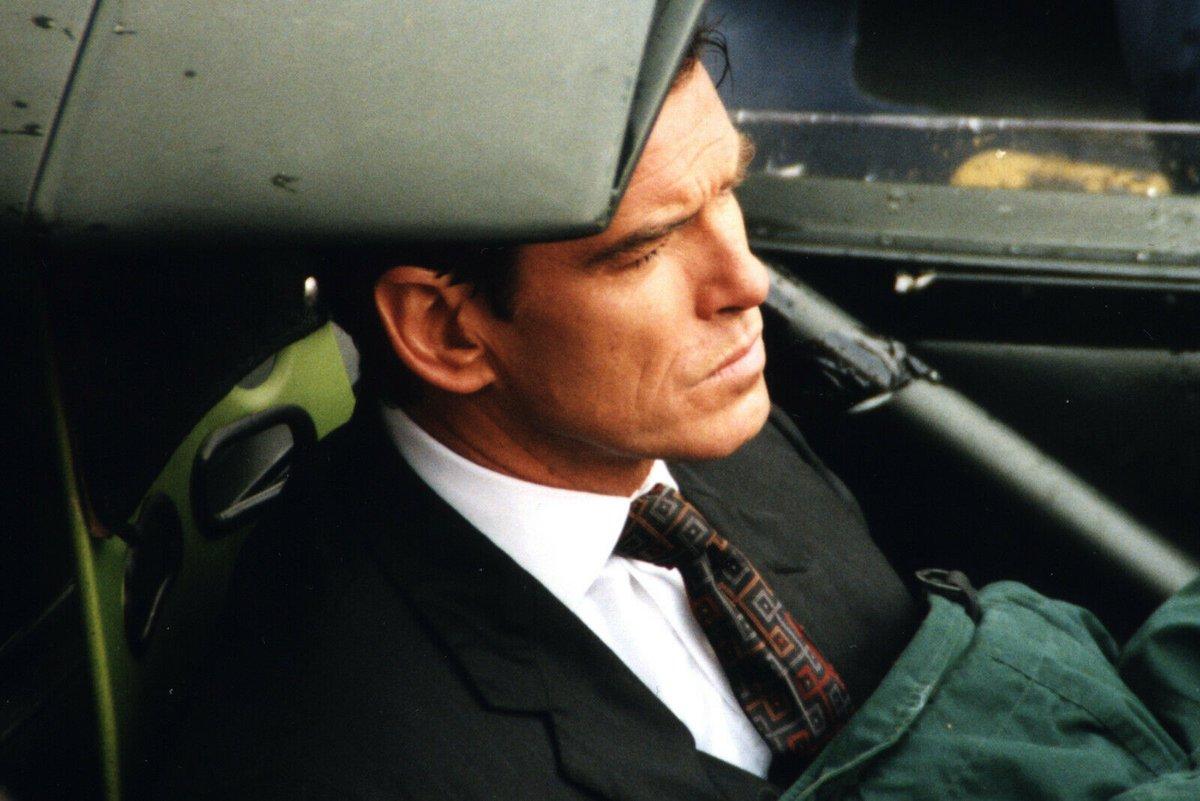
Bond films are always chasing the latest trends in cinema. With Die Another Day, they foolishly decided to copy the CGI driven blockbusters that were beating Brosnan's films at the box office: Men in Black, The Phantom Menace, and The Mummy — to name but a few.
The Bond franchise was famous for its amazing practical stunts, so it's no surprise that an overreliance on CGI went down with fans like a cup of cold sick. An invisible Aston Martin stretched credibility — even for Bond. The iceberg-surfing-tsunami sequence looked like a Playstation 2 cut-scene.
The film starts well, putting Bond in danger from the start and left to be tortured in a Korean prison. A jaded Bond with potential PTSD was an interesting approach (and something the Craig films would touch on), but yet again it's squandered early on. All too soon, Pierce is all cleaned up and glibly firing away double entendres like there's no tomorrow (never dies). It's bizarre to say that Brosnan is not the smuggest man in the film. No, that title belongs to Toby Stephens, who goes for the Jonathan Pryce method: all guns blazing and devouring the green screen, so to speak.
I cite Die Another Day as the worst Bond film so far, yet at least it's more fun than The World Is Not Enough, managing to squeeze in references to all previous 19 films and a couple of entertaining action scenes reliably choreographed by stunt legend Vic Armstrong.
Ultimately, I feel Brosnan started as a decent Bond. GoldenEye was a great reboot, but the films quickly became a sliding scale into mediocrity or farce. He also seemed to age very suddenly during his tenure, something that wouldn't have been an issue if he got the role as initially planned. I think Brosnan's biggest flaw was also his biggest appeal: being a Frankenstein's creation of all the previous Bonds, yet never really giving anything truly his own. It's something he freely admits:
"I could hear echoes or sensations of Sean and Roger, which I didn't try to censor"
He even goes as far as to admit he can't watch his Bond films. I can see why. His "charm" often comes across as smug, and his "hurt-acting" makes Roger Moore's efforts look restrained. Outside of Bond, he has picked some excellent films and delivered decent performances: The Matador, The Thomas Crowne Affair, and more recently, his reunion with GoldenEye director Martin Campbell for The Foreigner (even if his thinly veiled Gerry Adams impression is a tad hammy).
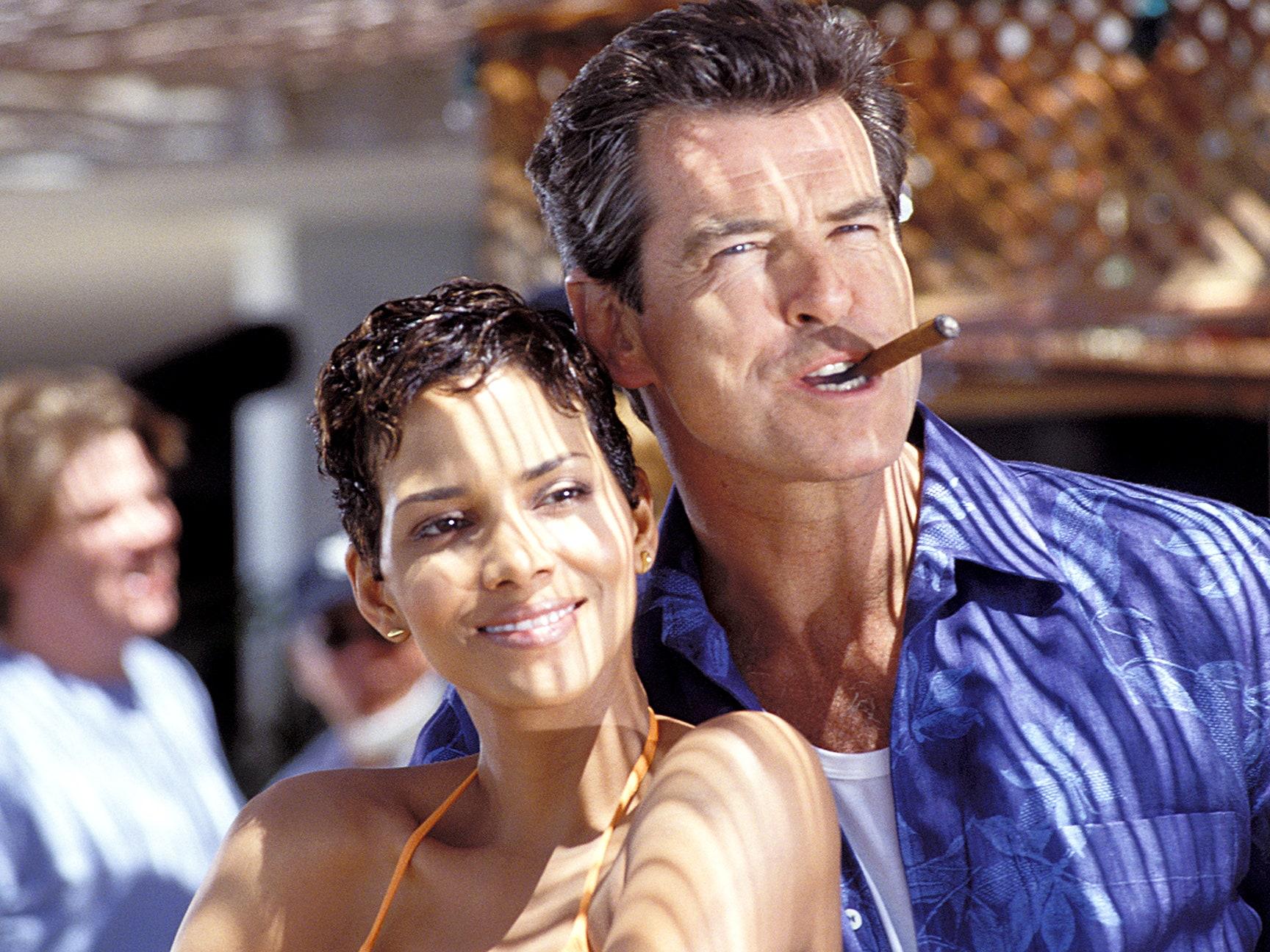
Despite all the above, I still have time for half of Brosnan's output. Perhaps it's rose-tinted nostalgia; I was a teen during his tenure, and I spent many hours playing as Pierce via the great console games Goldeneye 64 and Everything or Nothing, which turned out to be his last appearance as Bond. Who knows, maybe with time, his films will be fondly appreciated like Moore's are today.
At least with the Brosnan years, one plus point was that there was a steady output. We were lucky to get three films in five years. As it currently stands, we would have been waiting for the same amount of time between SPECTRE and Bond 25, Daniel Craig's final film (apparently). Craig has undoubtedly made his mark on the role; it will be interesting to see what changes his replacement brings.
The Brosnan/Dalton debate is one of the biggest "what ifs" Bond fans love to discuss. What if Brosnan had been cast as initially planned, as Moore's successor? Would it have made that transition to a more grounded Bond a bit easier for audiences to accept? However, that would have more than likely meant no Dalton, arguably one of the finest interpretations of the character.
For me, the "what if" I prefer to ask is: "What if we got at least one more Dalton film?"
Perchance to dream. Ay, there's the rub!
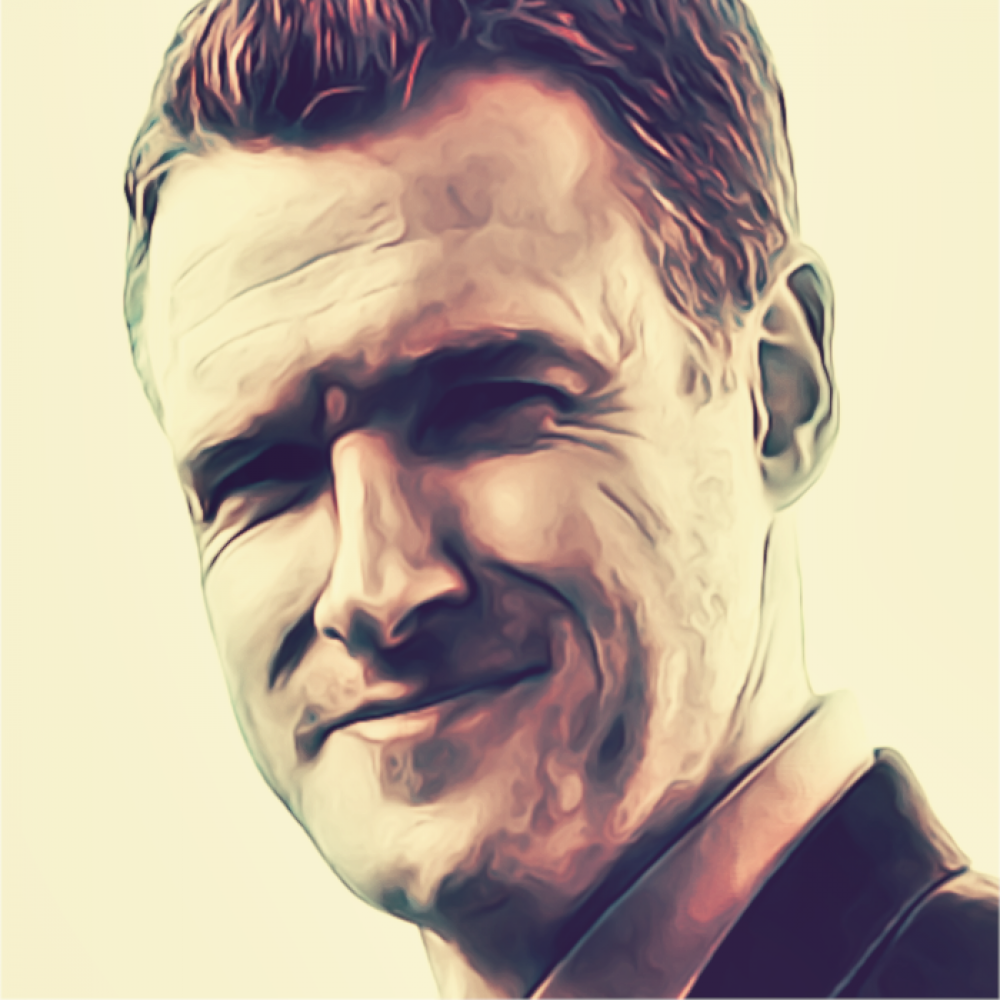
George McGhee
By day, life-long Bond fan George McGhee works in creative solutions for outdoor advertising, working between London and Newcastle, where he lives. In his spare time, he is co-host of the film podcast, Retro Ramble.
